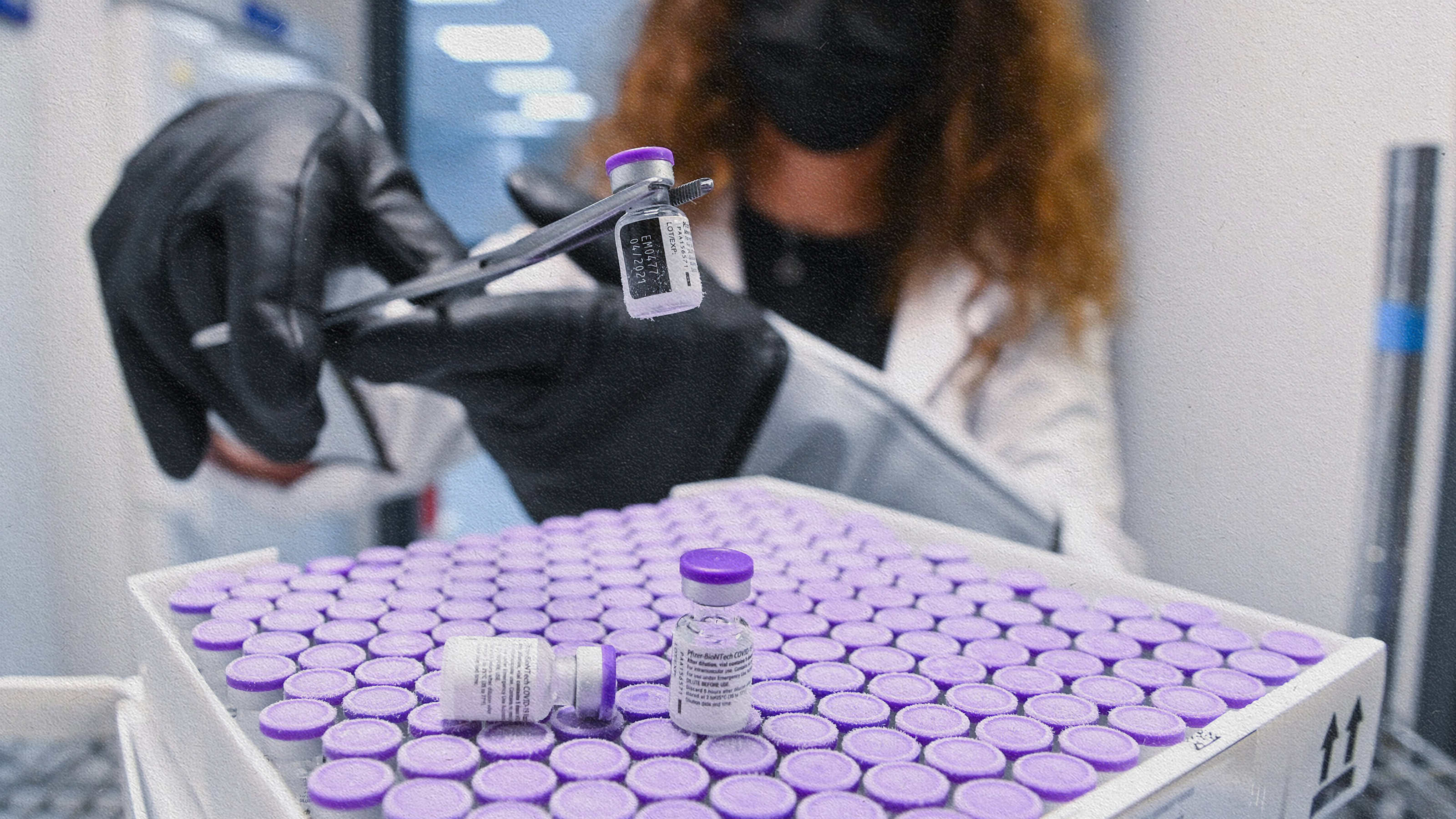Common Arguments Against Vaccination, and the Answers to Them

Vaccines are among the greatest inventions in the history of medicine. They have saved countless lives and reduced human suffering by an amount which is impossible to calculate. However, today there are many rumors and concerns going around about the safety and effectiveness of vaccinations, which have caused many people to reject them. Here, we will consider four common questions and answer them in an open and non-judgmental way—something we learned from Ethan Siegel.
Vaccines cause autism.
This is a common refrain, but one that has been thoroughly debunked over and over again. There is no evidence showing a connection between vaccination rates and the prevalence of autism. This argument also relies on the idea that suffering the worst effects of these preventable diseases, including death, is preferable to an unsubstantiated increased risk of autism, an extremely controversial idea.
“Mercury is dangerous—and it’s in the vaccines!”
That’s not quite true: the only thing in the vaccines was Thimerosal, which is not the same as the dangerous mercury you are thinking of. Secondly, the FDA called for (and achieved) the removal of that substance from all vaccines other than the flu shot back in 2001. And if you like your vaccinations like you like your Jamba Juice (i.e. a la carte), doses without Thimerosal are available.
If vaccines are so effective, why do we all need them? Isn’t it my body and my choice?
A valid question. While it can seem like the choice to not vaccinate is a personal one, it is, in fact, a very social choice. Most vaccination systems rely on the idea of “herd immunity“, the idea that those who cannot be vaccinated due to age, weak immune systems, or other medical issues are protected by those of us who are vaccinated and unlikely to be spreading deadly diseases. It is not only for your sake that you get a vaccine, but also for those who cannot have it.
The effects of a failing herd immunity can be catastrophic; in France cases of measles rose from less than 100 per year in 2007 to thousands upon thousands during a 2011 epidemic caused in part by a reduction in the overall vaccination rate. The US is also experiencing a surge in measles, which was previously almost eradicated, specifically in Minnesota due to unscientific public messages from anti-vaccination activists.
The diseases aren’t that bad…
They are. Polio can lead to death, and survivors are often left with paralysis. Measles can cause brain damage. Smallpox, which was eradicated by a worldwide focused vaccination drive, had a 30% fatality rate in unvaccinated populations. Protection, not only for yourself, is just one medical centre trip away.





